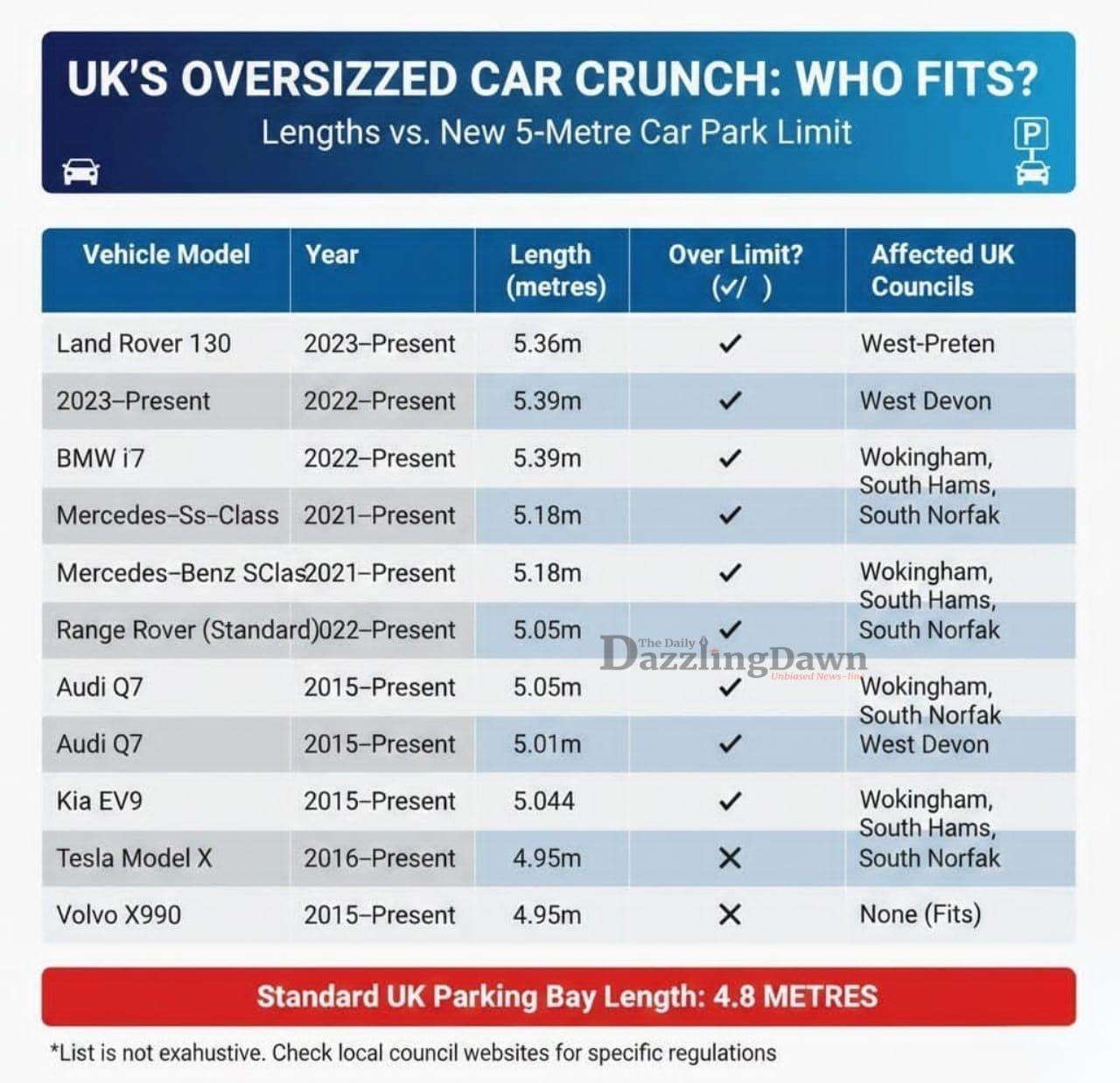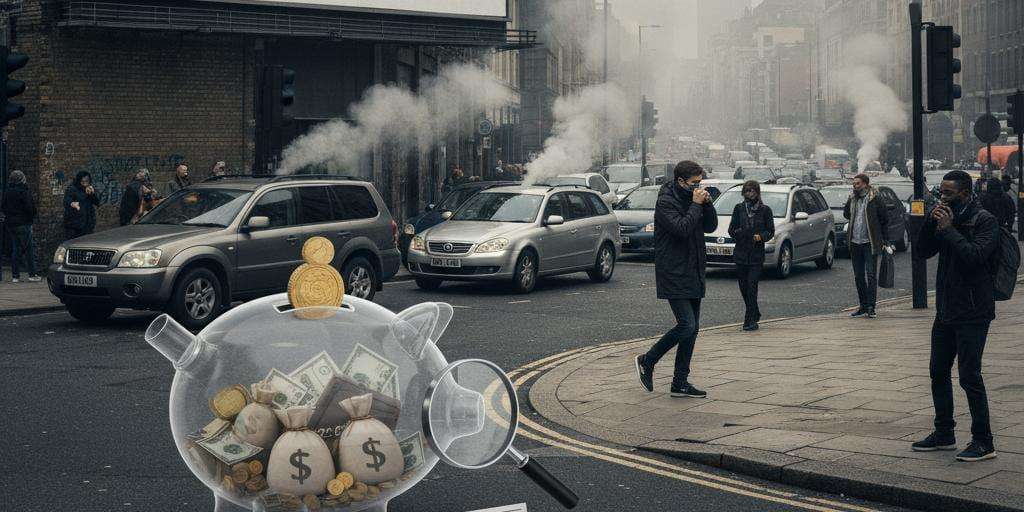The High Court in London today launched the largest group action lawsuit in English legal history, as over 1.6 million motorists began their legal battle against some of the world's leading car manufacturers. The unprecedented case, estimated by lawyers to be worth at least 6 billion pounds, commenced at 10:30 am before Lady Justice Cockerill. It centres on allegations that diesel vehicles made from 2009 onwards contained illegal "prohibited defeat devices" (PDDs) designed to manipulate official emissions test results.
The core of the claim is that these devices allowed cars to detect test conditions and temporarily lower their output of harmful nitrogen oxide (\text{NO}_{\text{x}}) emissions to pass regulatory checks. Crucially, when driven in real-world conditions, the vehicles allegedly revert to higher, dangerous emission levels. The widespread litigation targets manufacturers across the industry, including Mercedes-Benz, Opel and Vauxhall, Nissan and Renault, Volkswagen and Porsche, Peugeot and Citroen, Jaguar Land Rover, Ford, BMW, and more.
The Trial and the Road Ahead
The High Court is addressing the immense scale of the case by initiating a three-month technical trial focused on "sample vehicles" from five lead defendants: Mercedes-Benz, Renault, Nissan, Ford, and Peugeot/Citroen. The judicial ruling on whether these manufacturers used illegal PDDs will be legally binding on the remaining manufacturers in the wider claim, a process designed to manage the over 1,500 total defendants, which include dealerships.
While the main trial is expected to conclude before Christmas, the road to resolution is long. Further legal arguments on the evidence are not scheduled until March 2026, with a final High Court ruling on liability and the existence of the defeat devices anticipated in Summer 2026. Should the claimants ultimately succeed, a subsequent trial to determine compensation levels is scheduled for Autumn 2026.
Impact on UK Drivers and Public Health
The outcome of this trial will have significant financial, environmental, and health consequences for millions of UK drivers:
Financial Compensation: A successful ruling could result in a massive payout pool of at least 6 billion pounds, potentially providing thousands of pounds to each of the 1.6 million claimants. This compensation is sought for the financial loss suffered, including buying a vehicle that was not as advertised and which may have a reduced resale value.
Air Quality and Health: Claimants and environmental groups underscore that the core issue is public health. The excess \text{NO}_{\text{x}} pollution is linked to severe health risks; estimates suggest it has caused up to 16,000 premature deaths and 30,000 cases of asthma in UK children. A win for the motorists would hold the manufacturers accountable for what one lawyer described as "one of the most egregious breaches of corporate trust in modern times," with implications for clean air laws like London's Ulez.
Vehicle Status and Fixes: Even a claimant victory on liability will not automatically force a recall. Unlike the response in some other countries, the UK Government has not yet compelled manufacturers to fix the vehicles. This means, for the time being, the diesel vehicles accused of cheating emissions tests will remain on UK roads, continuing to emit higher-than-advertised pollution unless the government acts.
The manufacturers are unanimously resisting the claims, with Mercedes-Benz, Ford, and the parent company of Peugeot/Citroen all stating their vehicles are compliant with regulations. The case budgets for both sides already stand at over 300 million pounds.








.svg)


